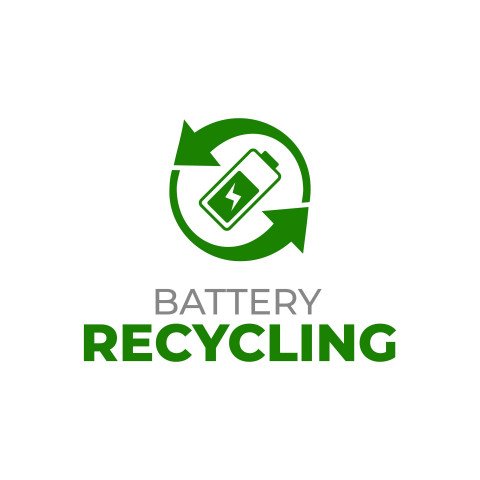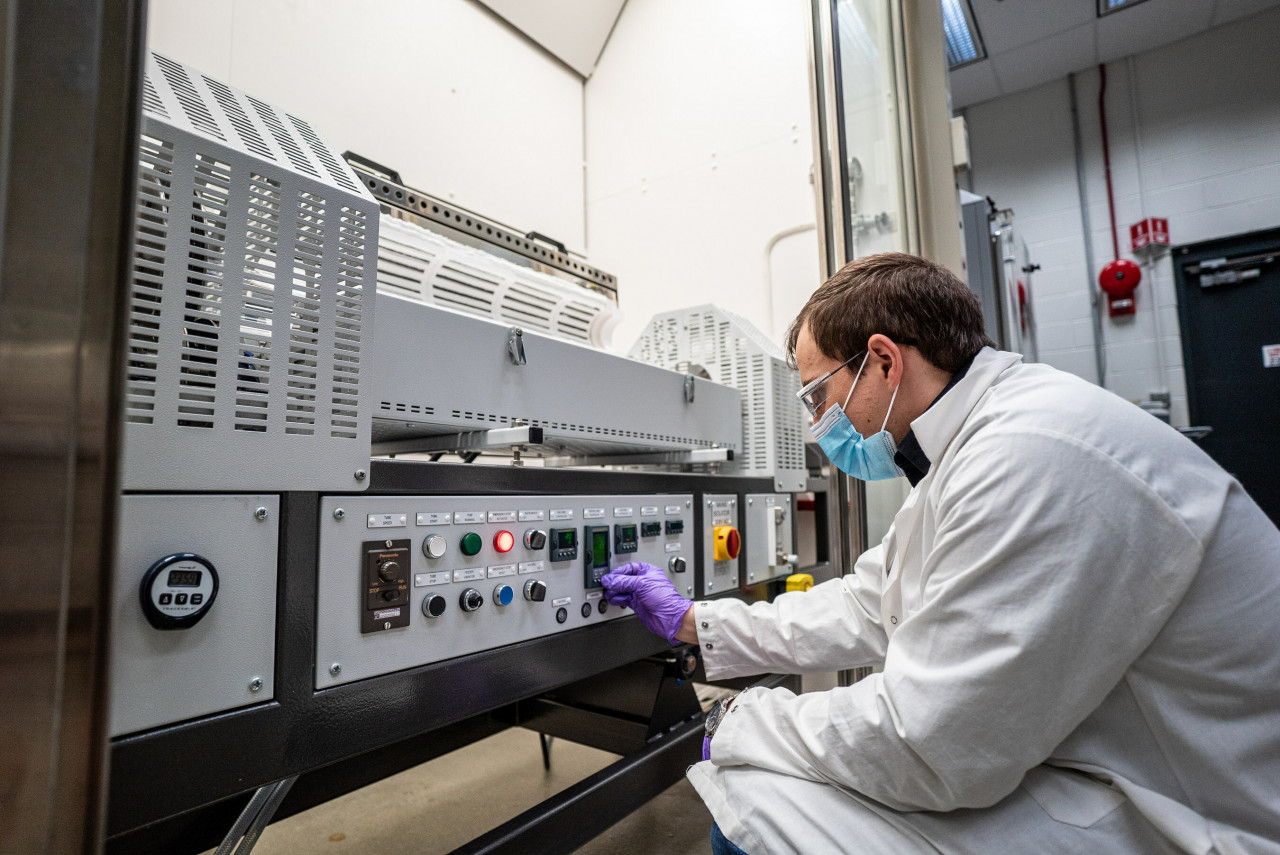The U.S. Department of Energy's (DoE) Argonne National Laboratory with Toyota Motor North America (Toyota) have joined forces to investigate developing a direct recycling process for lithium-ion batteries.
As per a Cooperative Research Development Agreement (CRADA) signed between the two parties, the battery recycling research will be focused on cathode chemistries made of nickel, manganese, and cobalt batteries.
"Based on preliminary projections, direct recycling can potentially offer significant cost and carbon footprint savings," said Sarah Kennedy, Operations Manager of Toyota's Battery Lifecycle Solutions Business Development team.
"Toyota's Battery Lifecycle Solutions entity will help identify the appropriate pathway for the potential future commercialization of this technology, pending the outcome of the CRADA, as the project is projected to deliver a net improvement in battery materials manufacturing costs, waste and carbon footprint."
As part of the joint research project, Toyota will provide Argonne with both end-of-life and new Toyota batteries, and Argonne will adapt and test its patent-pending direct recycling process with the batteries. Additionally, TRINA, Toyota's in-house entity for exploring next-generation technologies, will lend its expertise to validate this "proof-of-concept" study.
The research project will explore a new process for recovering critical battery materials and will be such that it can be used for end-of-life batteries as well as manufacturing scrap.
"Having Argonne utilize our commercial battery products will help us evaluate the direct recycling process at an industrial scale, in addition to other battery recycling technologies to maintain a diverse portfolio of recycling options for a diverse array of battery platforms and chemistries," said Nik Singh, Senior Scientist in the Toyota Research Institute of North America (TRINA)'s Materials Research Department.
The project with Argonne is part of Toyota's larger pursuit of designing a closed-loop battery ecosystem to maximize sustainability.

DOE invests $2 million in li-ion battery recycling and remanufacturing technologies -
Read More

